Watch the video-interview with Marco Casalini
"Despite a drop in the turnover from €171 to €147 million due to the dismissal of the machine department and a reorganisation of the produce chain, the coop's margins went from 3.8 to 5.1," explained Deloitte&Touche director Stefano Fogagnolo. "We have decided on some strategies to be carried out over the next three years to improve our margins."
"From a questionnaire we submitted to some of our companies, it emerged that 40% of Terremerse businesses rent land and that 82% is made up of single companies. 29% has no succession. Fruit growers with over 5 hectares represent 19.2% of the total and 67.5% of areas. Businesses with over 20 hectares represent 2.8% of the total and 37.5% of the sample area analysed. As regards tomatoes, companies with over 20 hectares represent 34.7% of the total and 72% of the areas."
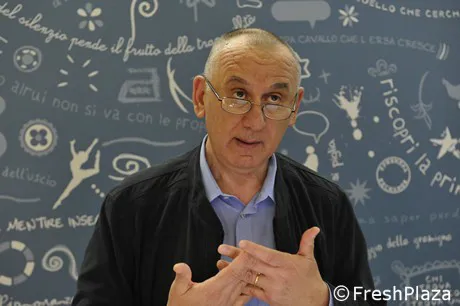
Gilberto Minguzzi, CEO of Terremerse
Minguzzi added that "globalisation did not bring any advantage to agricultural business, except to the very well-structured ones that can work with clients all over the world."
As regards new investments, the CEO said that "it is better to act with caution. To carry out investments, we will convert assets that are no longer strategic. We will invest to grow, but we will not make debts to do it."
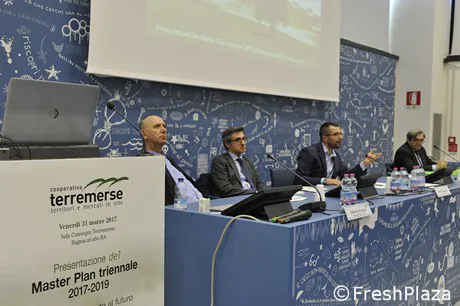
One of the objectives for the next three years is to launch a national mark. "We want to transmit the added volume of our productions directly to final consumers. We want to adopt a mark that represents a guarantee to consumers. They already know the organic mark but, if we analyse the situation in detail, organic crops cover only 11% of the total in Emilia Romagna. It may reach 15%, but then we need to have an effect on the remaining 85%."
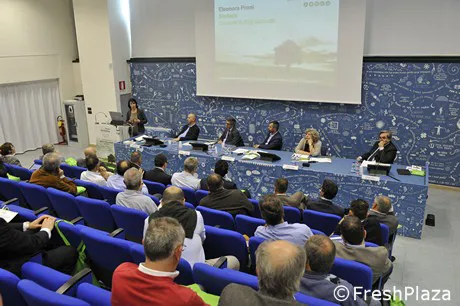
To do this, Terremerse wants to start from Agronomica 3.0 to grow produce with advanced integrated control techniques, improve services to members and complementary actions. Then a marketing plan will be developed for final consumers as well as a suitable financial strategy.
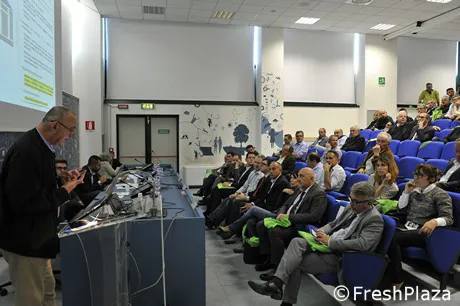
The marketing plan will not only mean spending money, but it will aggregate a series of subjects, like for example suppliers, interested in this journey. Terremerse will have to generate external resources by establishing a company or network to manage the mark and market communication.
"Five guidelines will be implemented for the fresh produce. We have started an aggregation and specialisation journey. The objective is to increase the profit for producers. We must spend less in the production process and choose markets with better species," explains segment director Alessandro Cenzuales.
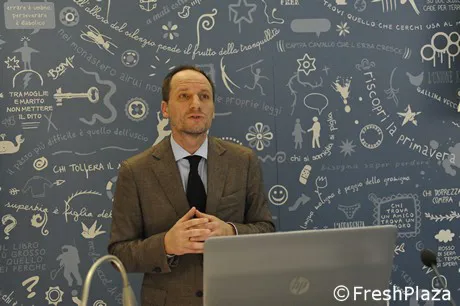
Alessandro Cenzuales, fresh produce segment director
The company is also looking to invest in hop crops so as to supply artisanal brewers with an ingredient to produce an entirely Italian beer. At the moment, in fact, hops are mostly imported.
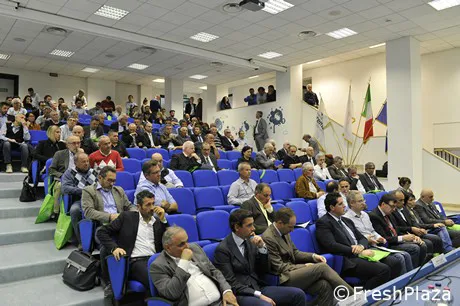
"We will not work as processers but, should there be a qualified operator with the right guarantees, we will not just supply tomatoes, we might be called with other 7 POs to make investments. The time to only be suppliers is over. Becoming part of the processing world is a good thing, but we need a reliable partner."
